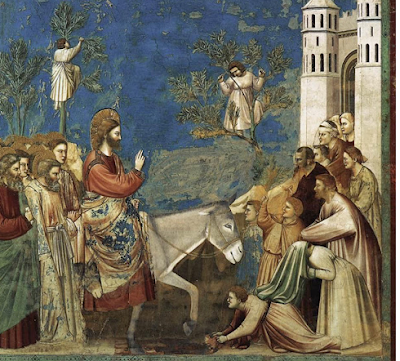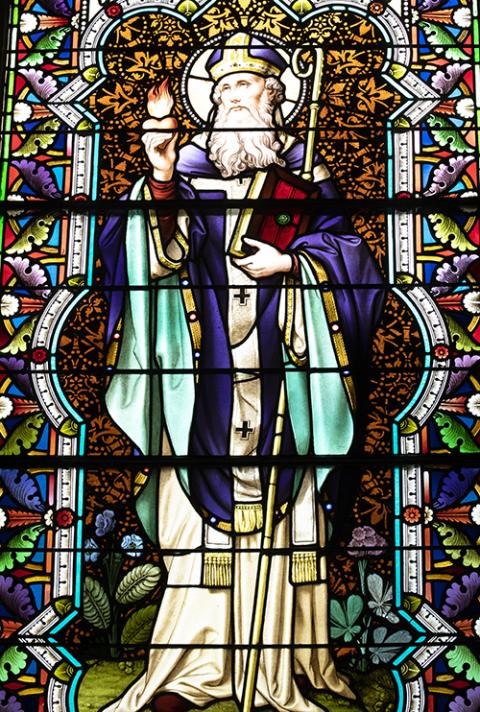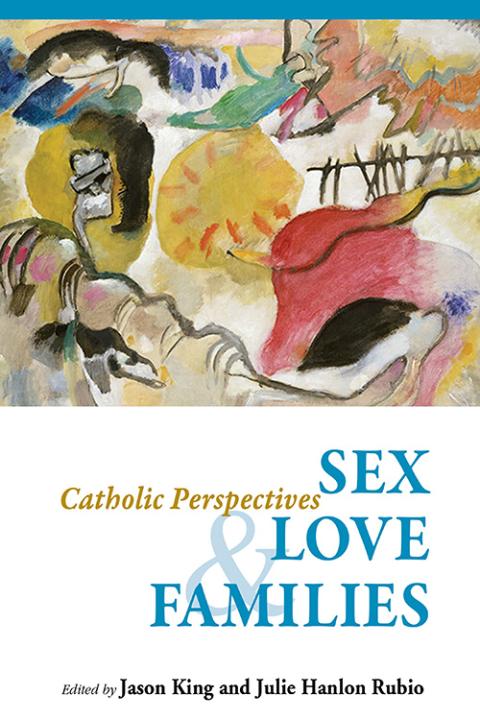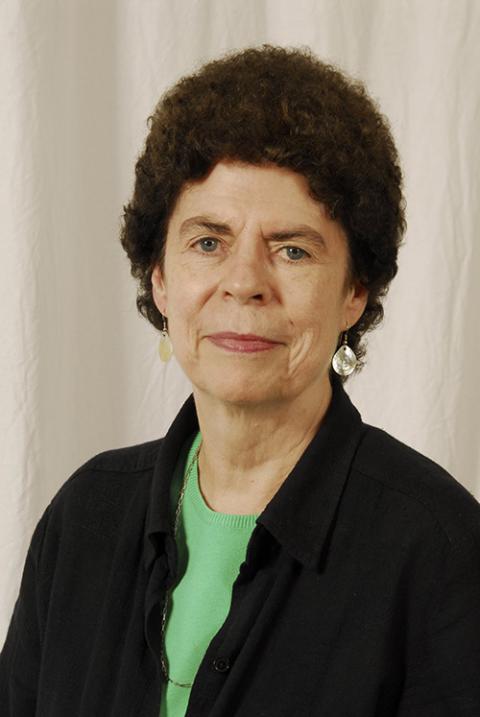Zoom link:
https://us02web.zoom.us/j/81534075389?pwd=TTdGY2NxS3AzTW13ODJESkdYME9aUT09
Meeting ID: 815 3407 5389
Passcode: 803326
Theme: Unitive Seeing
(Kathryn) We warmly welcome you to the inclusive Catholic Community of Mary Mother of Jesus. All are welcome here. We invite you to pray the liturgy where it says “All.” And please sing your heart out! Everyone will be muted during the service. Presiders, readers and anyone wishing to participate in the shared homily, please remember to unmute and re-mute before and after reading or speaking in order to avoid confusion and overlap of voices. Please have bread and wine or juice with you as we pray our Eucharistic Prayer.
Whoever you are,
Wherever you are,
Just as you are,
You are welcome at this table. (Integral Christianity by Paul Smith)
(Jerry) We begin our joy filled celebration together in the name of the Holy One, Source of all Being; Jesus, Eternal Word; and Holy Spirit Sophia, our Wisdom within. Amen.
(Jerry) God is with you. All: And also with you.
Opening Song: Hosanna Palm Sunday Maranatha
https://youtu.be/YApEIjvE6S4
Opening Prayer
(Kathryn) We are grateful, O Holy One, for this opportunity to gather as Christ’s Body. During this liturgy may we endeavor to focus our minds and our hearts on our knowledge that you formed us all as one body, and that we are all supported and strengthened by the same Holy Spirit for the same purpose: the common good. We are, in the depths of our being, one community.
Liturgy of the Word
(Luca) A reading from Paul’s letter to the Corinthians.
If I speak with human eloquence and angelic ecstasy but don't love, I'm nothing but the creaking of a rusty gate. If I speak God's Word with power, revealing all his mysteries and making everything plain as day, and if I have faith that says to a mountain, "Jump," and it jumps, but I don't love, I'm nothing. If I give everything I own to the poor and even go to the stake to be burned as a martyr, but I don't love, I've gotten nowhere. So, no matter what I say, what I believe, and what I do, I'm bankrupt without love.
Love never gives up.
Love cares more for others than for self.
Love doesn't want what it doesn't have.
Love doesn't strut,
Doesn't have a swelled head,
Doesn't force itself on others,
Isn't always "me first,"
Doesn't fly off the handle,
Doesn't keep score of the sins of others,
Doesn't revel when others grovel,
Takes pleasure in the flowering of truth,
Puts up with anything,
Trusts God always,
Always looks for the best,
Never looks back,
But keeps going to the end.”
These are the words of the Apostle Paul, and we respond, “Thanks be to God!”
Excerpt From: Eugene H Peterson, The Message.
Response to reading. Ubi Caritas et Amor
https://youtu.be/Vvfr_2euIFo
(Jim B) A reading from Paul’s letter to the Philippians. 2:5-11
Think of yourselves the way Christ Jesus thought of himself. Christ Jesus had equal status with God but didn't think so much of himself that he had to cling to the advantages of that status no matter what. Not at all. When the time came, Jesus set aside the privileges of deity and took on the status of a slave, became human! Having become human, Jesus stayed human. It was an incredibly humbling process. Jesus didn't claim special privileges. Instead, living a selfless, obedient life and then dying a selfless, obedient death—and the worst kind of death at that—a crucifixion.
Because of that obedience, God lifted Jesus high and honored him far beyond anyone or anything, ever, so that all created beings in heaven and on earth—even those long ago dead and buried—will bow in worship before this Jesus Christ, and call out in praise that he is the Teacher of all, to the glorious honor of Abba God.
These are the words of the Apostle Paul, and we respond, “Thanks be to God!”
Excerpt From: Eugene H Peterson, The Message.
Gospel Acclamation: Spirit of the Living God:
https://youtu.be/nkATdLfKufE
(Luca) A reading from the Gospel of Mark: 11:1-11
When they were nearing Jerusalem, at Bethpage and Bethany on Mount Olives, Jesus sent off two of the disciples with instructions: "Go to the village across from you. As soon as you enter, you'll find a colt tethered, one that has never yet been ridden. Untie it and bring it. If anyone asks, 'What are you doing?' say, 'The Teacher needs the colt, and will return it right away.’”
They went and found a colt tied to a door at the street corner and untied it. Some of those standing there said, "What are you doing untying that colt?" The disciples replied exactly as Jesus had instructed them, and the people let them alone. They brought the colt to Jesus, spread their coats on it, and Jesus mounted.
The people gave him a wonderful welcome, some throwing their coats on the street, others spreading out rushes they had cut in the fields. Running ahead and following after, they were calling out,
Hosanna!
Blessed is he who comes in God's name!
Blessed the coming kingdom of our father David!
Hosanna in highest heaven!
When Jesus entered Jerusalem, the whole city was shaken and asked, “Who is this?” And the crowds replied, “This is Jesus the Prophet from Nazareth in Galilee.” Jesus then entered the Temple and looked around, taking it all in. By now it was late, so Jesus went back to Bethany with the Twelve.
These are Gospel writer Mark’s words, and we respond, “Thanks be to God!”
Excerpt From: Eugene H Peterson, The Message.
Gospel Acclamation: Spirit of the Living God:
https://youtu.be/nkATdLfKufE
Shared Homily: This homily is adapted from a sermon delivered by Rev.Lisa G.Fischbeck on Palm Sunday and posted in The Advocate. It will be read by Jerry Bires at this liturgy.
Profession of Faith.
(Jim B and All) We believe in God, the creator of the universe, the fountain of life, flowing through every being. We believe in Jesus the Christ who reflects the face of God and the fullness of humanity. We believe in the Holy Spirit, the breath of God in the cosmos, who calls us to loving service without counting the cost. We believe in our global communion with all in the circle of life. Amen to loving actions on behalf of justice, healing, compassion and equality for all in our world! We are called to be light to the world!
Prayers of the Community
(Maryal) With heads and hearts mindful of God's unconditional love embedded in each one of us, let us bring our needs and those of our community forward. After each intercession, we respond: Res: Holy One, we offer these prayers.
~That those who suffer abuse, may be healed and empowered, we pray. Res: Holy One……..
~That those who are bound by hatred, hostility and violence will be set free, we pray. Res: Holy One……
~That the sick may experience healing of mind, spirit and body especially Peg Bowen, Ann Cooke, Mary Kay and all those identified in the Community Book for Prayers, we pray. Res: Holy One……
~That those family members and friends who have gone ahead of us will dwell forever in their heavenly homes, we pray. Res: Holy One……
~That those family members and friends who have gone ahead of us will experience the fullness of the Divinity and be a constant reminder of our union as one in Jesus. Res: Holy One……
~For what and for whom else do we pray at this time? Res: Holy One……
~ We lift up these and all our intentions that remain in the silence of our hearts. Res: Holy One, we offer these prayers.
Offertory Song: Wheat scattered and Sown
https://youtu.be/2Y3imq5aFxk
(Joan M) Gracious Wisdom, you embrace us with your extravagant affection in both the times of our blessedness and our weakness. You are always with us and live in us and we live in you, our Blessed One. You are our gift of shalom, our peace. In solidarity with all believers who have gone before us we lift up our hearts and sing out in joy the blessing that you have given us.
https://youtu.be/J3r-3TFB6wI (by Karen Drucker)
Eucharistic Prayer.
(Luca and All) with hands extended in blessing:
As we do in this place what you did in an upstairs room, send down your Spirit Sophia on us and on these gifts of bread and wine that they may become for us your body, healing and making us whole. And that we may become for you, your body, loving and caring in the world until your kindom comes. Amen.
(Jerry and All) On the night before he died, while at supper with his friends, Jesus took bread, said the blessing, broke the bread and gave it to them saying, “Take, and eat. This is my very self.”
(Pause)
Jesus then raised high the cup of blessing and offered them the wine with these words, “Take and drink of the covenant made new through my life for you and for everyone. Whenever you do this, remember me.”
(Jim B and All) Remember, gracious God, your Church throughout the world. Open us to welcome everyone. In union with all people, may we strive to create a world where suffering is diminished, and where all people can live in health and wholeness. Through Christ, with Christ, in Christ, in union with the Holy Spirit, all glory is yours, gracious God.
Great Amen: Linda Lee Miller
https://www.youtube.com/watch?v=Dy76fpfkNsg
(Joan and All) Let us pray as Jesus taught us.
Holy One, you are within, around and among us.
We celebrate your many names.
Your wisdom come; your will be done, unfolding from the depths within us.
Each day you give us all that we need. You remind us of our limits and we let go.
You support us in our power, and we act with courage.
For you are the dwelling place within us, the empowerment around us,
and the celebration among us, now and forever, Amen.
Adapted by Miriam Therese Winter
Prayer for the Breaking of the Bread: (Maryal and All)
O God of Courage, You call us to live the Gospel of peace and justice. We will live justly.
O God of Compassion, You call us to be Your presence in the world. We will love tenderly.
O God of Truth, You call us to speak truth to power. We will walk with integrity in your presence.
Sign of Peace.
(Jerry) Jesus, you said to your disciples, “My peace I leave with you; my peace I give to you.”
(Joan and All) Look on the faith of those gathered here and grant us your peace. Following the example of Jesus and with the strength of the Spirit, may we live in peace and harmony with everyone.
(Joan) Let us wish peace to each other and to all members of our community! Namaste 3x
(Kathryn) This is Jesus, God with us, loving us forever. All are invited to partake of this sacred banquet of love. All: We are the Body of Christ.
**Please share Eucharist with the words “You are the Body of Christ”, “You are the Face of God”.
Communion Meditation
https://www.youtube.com/watch?v=AaLQuVNrh2Q Irish Blessing by Bill Leslie
Prayer of Thanksgiving (Didache, Instruction, 100CE)
(Joan and All) For the thanksgiving, give thanks this way: First, for the cup: We thank you, Abba God, for the sacred vine of David your son, whose meaning you made clear to us through our brother Jesus, yours ever be the splendor.
And for the bread fragment: We thank you, Amma God, for the life and wisdom whose meaning you made clear to us through Jesus, yours ever be the splendor.
As this fragment was scattered high on hills, but by gathering was united into one, so let your people from earth’s ends be united into your single reign, for yours are splendor and might through Jesus The Christ down through the ages.
Prayers of Thanksgiving. Introductions. Announcements.
Final Blessing. With hand extended in prayer:
(Maryal and All)
Peace before us, Peace behind us, Peace under our feet
Peace within us, Peace over us, Let all around us be Peace.
Love before us, Love behind us, Love under our feet
Love within us, Love over us, Let all around us be Love.
Christ before us, Christ behind us, Christ under our feet,
Christ within us, Christ over us, Let all around us be Christ!
(Jerry) Go in the peace of Christ. Let us bring God’s reign of peace and compassion to all those we meet. All: Thanks be to God.
Final Song: Hosanna Hosanna
https://youtu.be/c4l6uhpfhm0
The liturgy for today was written by Elena Garcia with adaptations made to the liturgy written by our dearly beloved sister, Sally Brochu for Palm Sunday in 2020.
--------------------------------------------------------------------------------------------------------------------
NEW PO BOX:
Please send donations to:
Mary Mother of Jesus Inclusive Catholic Community
5342 Clark Road #3079
Sarasota, FL 34233
Please send intentions for our community prayer book to Joan Meehan.







